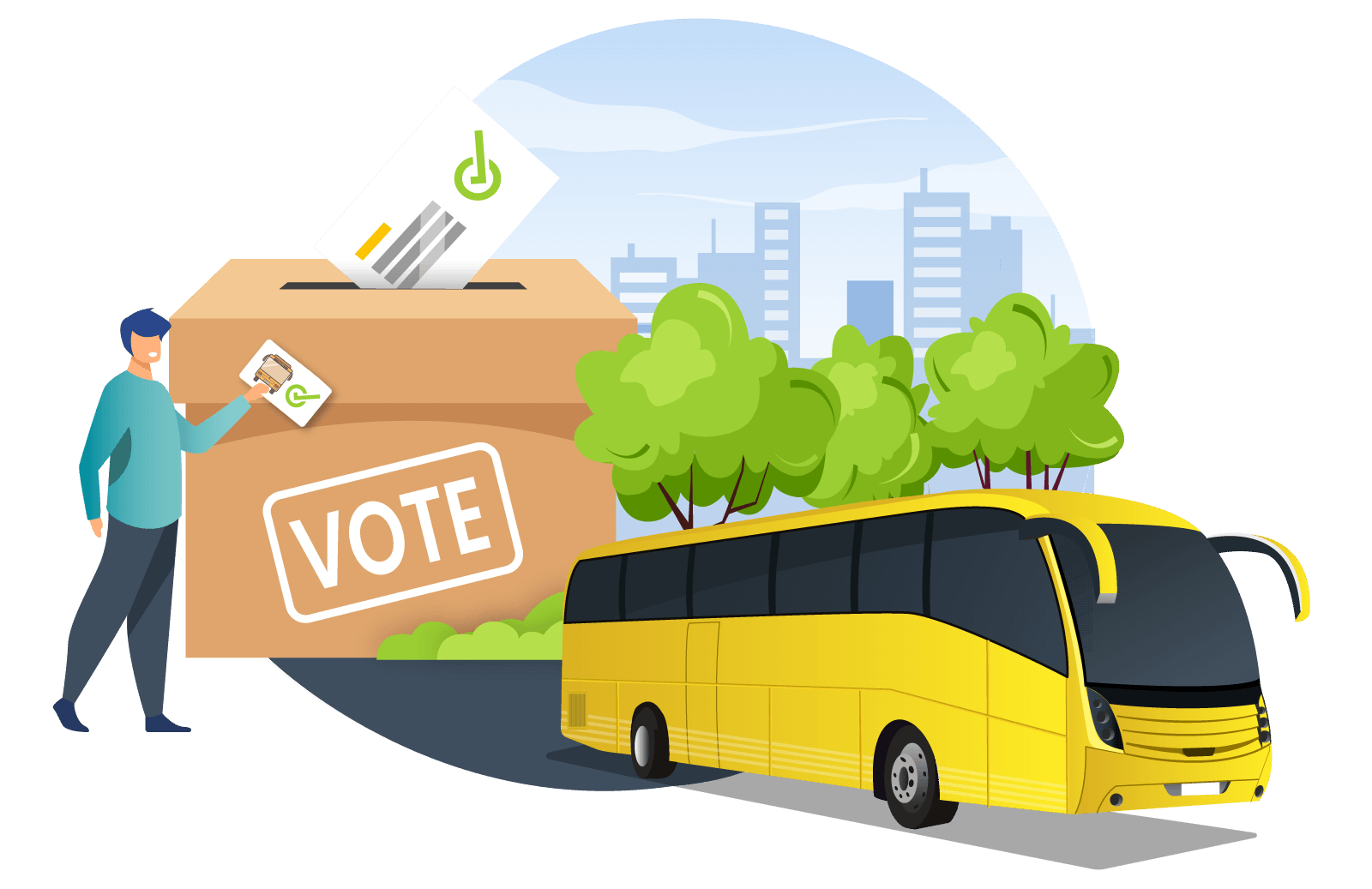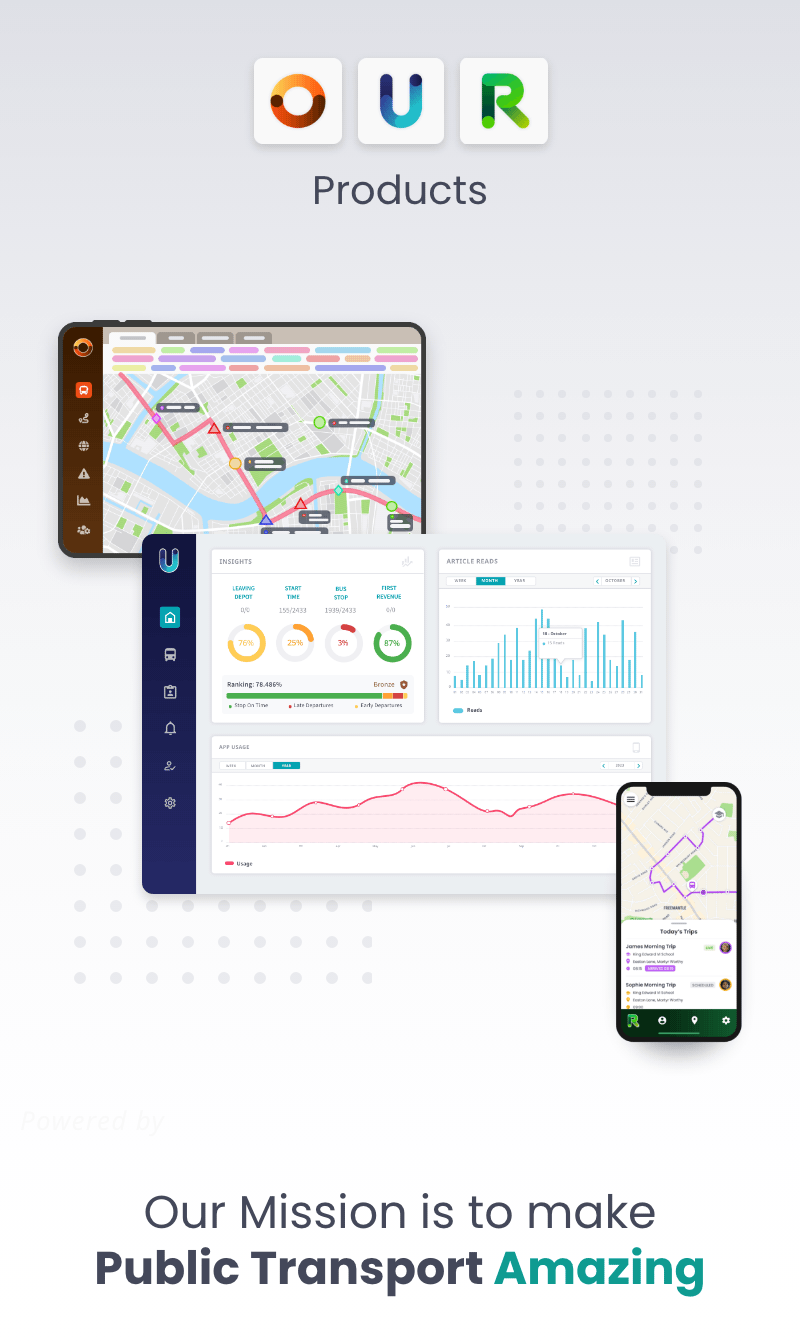As the general election meanders its way ever closer, there have recently been some interesting but important changes in public opinion about public transport that the Prime Minister might wish to take notice of, before the ballot boxes are posted and the great British public put their “X” in the box.
An exclusive poll conducted by “The Independent” and a leading Think Tank has revealed that the PM could improve their chances of winning the next general election by ending the perceived war on motorists rhetoric and focusing on delivering better public transport.
The Great British public would appear to have become increasingly concerned about the quality of train, bus, tram, and cycle routes after the combination of the cost-of-living crises and the COVID-19 pandemic have conspired to affect a change in the public’s travel habits.
There is no doubt about it; recently, the PM has been accused of attempting to add political fuel to the fire around politicizing key issues around transport. Certainly, low traffic neighborhoods have provided much heated debate, with most of the heat coming from Number Ten’s office, where Mr. Sunak described the scheme as “hairbrained.” In addition, he has declared to end what he sees as the war on motorists.
It seems like the folks from Oxford and Cambridge who help the Tory party with their strategies might need to rethink things, as it appears that voters are leaning towards environmental concerns rather than traditional political stances.
The conclusions drawn are stark and true: habits have undoubtedly changed, as those who drive can also choose to both ride and walk. People in 2024 want public transport that works for more individuals, and they want to be able to make decisions for their own communities at a local level.
One fascinating fact that might not have been expected to occur in a lifetime is the knock-on effect of the cost-of-living crises resulting in public transport to work being perceived as more vital than having a phone (46%) and access to the internet (43%). It’s surprising, considering the decline in public faith in public transport over decades, that this impression is finally seeming to diminish. Perhaps the key message that providing good public transport infrastructure is for the society we serve is more important than indulging in videos on TikTok and purchasing items on Amazon (read the report).
Incredibly, the survey reveals that the cost-of-living crises have significantly changed people’s travel habits, with 7 in 10 people (71%) altering how they travel to make cost savings within the last two years. Additionally, 4 out of 10 people are worried about being able to afford travel as they go about their day-to-day lives.
The Campaign for Better Transport added their two cents, saying, “These figures show that rhetoric which pits drivers against public transport users is out of step with public opinion. Using public transport relieves the stress of driving; on board a train, you can work, read, or enjoy the views, so it’s no surprise that people want to use public transport whenever possible.”
Finally, it’s worth considering that the government has invested £3.5 billion compared to £100 billion in rail services. One might ponder what could be achieved in the future if the next political leaders invested the same in buses as they do in rail. What a utopian future that would be, for all passengers. Realistically, there’s now more hope than before that public transport can deliver its true potential for the betterment of society as a whole.








